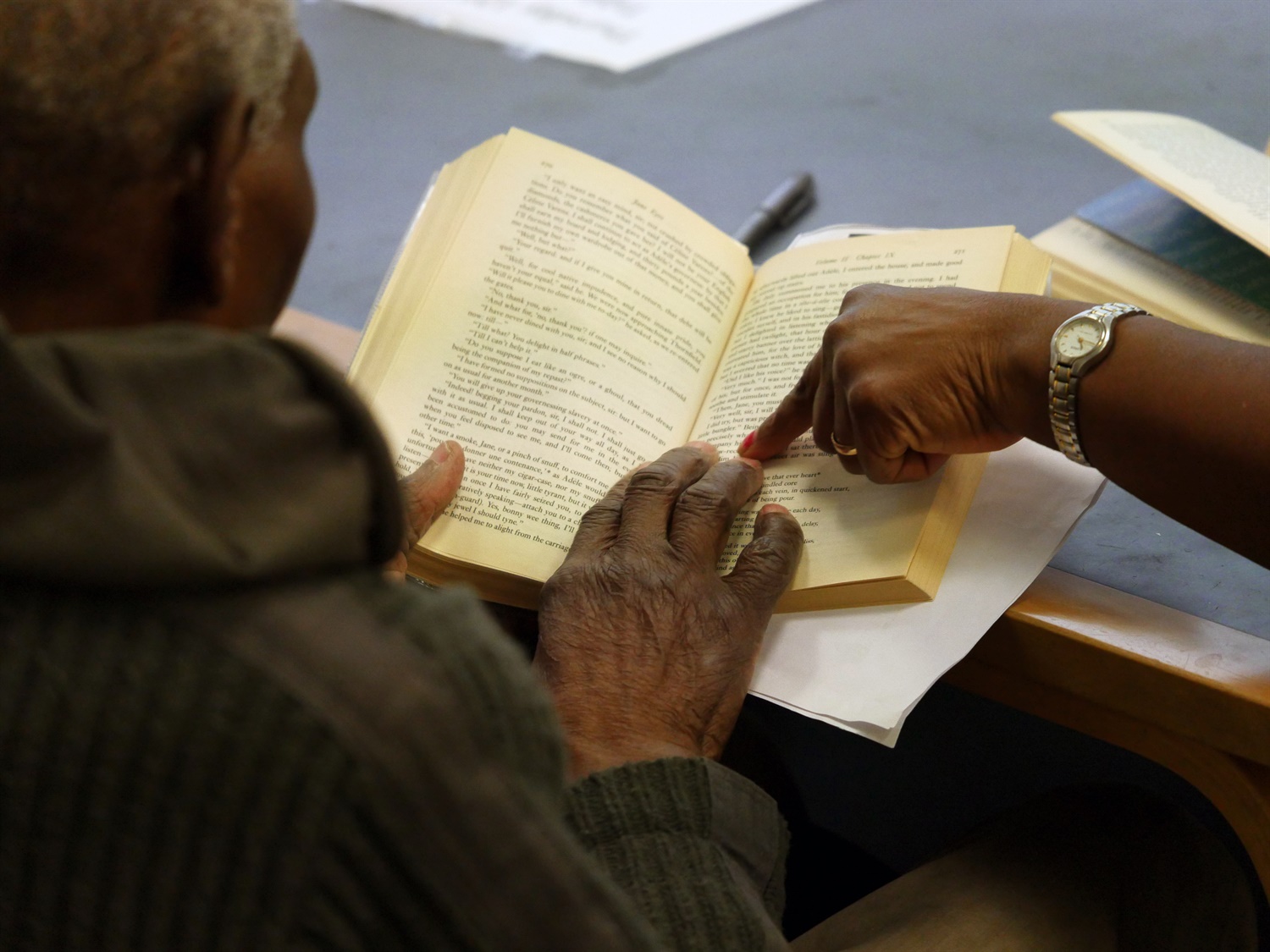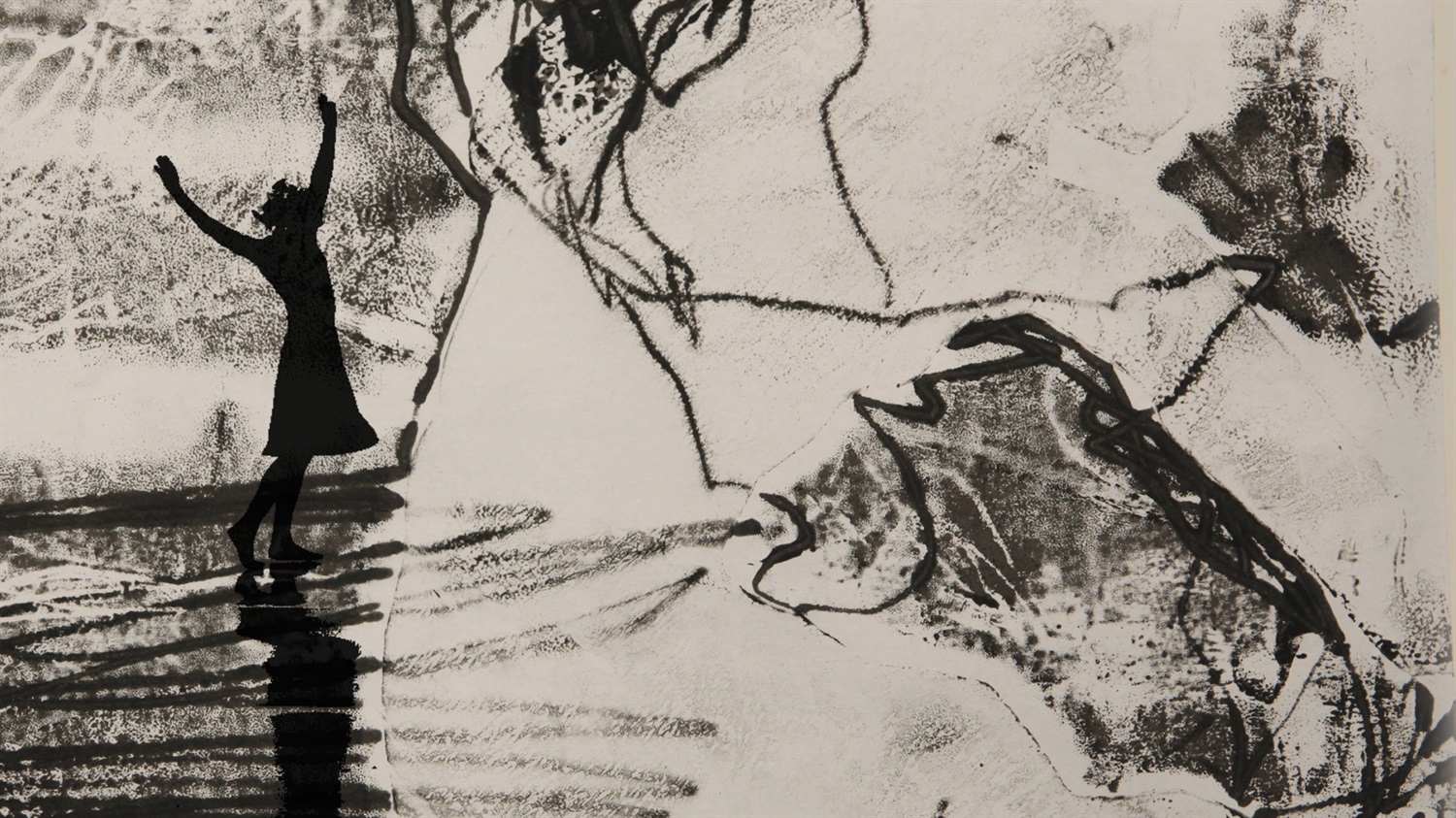23.03.16
The art of healthy living
Source: NHE Mar/Apr 16
In the face of unprecedented challenges and changes in the health sector, the time has come to commission outside the box. NHE’s Luana Salles explores how art programmes can be used to treat physical and mental health conditions – with NHS-friendly budgets.
The major expectations from CCGs over the next five years were not understated in NHS England’s 2016-17 mandate. The document, which set out objectives until 2020, made crystal clear the role commissioners will have to play in reducing care quality variations and cutting costs while consistently improving their performance.
This time, however, they must think outside the box. The NHS is grappling with the largest deficit it has ever faced, while simultaneously looking inwards to develop local models of care. Some of the results of this are already bearing fruit, with trusts taking the opportunity to radically reform services they had grown used to – turning them into integrated systems instead.
Across CCGs, commissioners will also have to get more creative. While this usually means finding ways to deliver the same results for less money, they must also take advantage of the unprecedented amount of innovation happening across the health sector. Public Health England, for example, recently launched an evaluation framework listing ways through which art can significantly help commissioners, practitioners and managers improve health and wellbeing.
The framework’s launch was accompanied by a conference hosted by arts enterprise Aesop. The event was packed with presentations from arts bodies showing how techniques once dismissed as purely esoteric should now be adopted by trusts nationwide, including music, dance, theatre, visual arts and writing.
Breathe Magic
One of the most eye-catching presenters of the day, Breathe Magic, brought eight-year-old Ben to perform live tricks for the audience to illustrate how magic can double-up as a source of intensive therapy for children.
The organisation was founded by managing director Yvonne Farquharson in 2012 after a magician first approached Guy’s and St Thomas’ Charity, where she worked. It is a branch of the wider Breathe Arts Health Research, whose aim is to use the arts “not just for distraction and entertainment purposes, but for very real, deep clinical gains” – and as it turns out, magic could do just that.
“We brought together a whole group of clinicians, therapists and academics to explore what the role of magic might be,” she told NHE. During that brainstorm, occupational therapists (OTs) working with sufferers of hemiplegia, which affects one in every 1,000 children in the UK, said they should be developing young people’s fine motor skills – coincidentally one of the key areas magicians have to excel at to perform close-up tricks.
“We then started doing pilot programmes while we were training OTs in some of the magic tricks to see if they could replicate the traditional exercises required to teach young people,” said Farquharson. “And they were able to produce magic tricks that were the exact replications of the exercises needed.”
Magic as intensive therapy
Unsurprisingly, a home-based pilot programme found children were much happier to perform magic tricks than to practice traditional therapy exercises – and it worked. “When that small pilot showed an improvement trend within their motor skills and functions, we looked at what other evidence was out there for how long-lasting change could be made with motor skills development,” she said.
At the time, NICE had just produced guidance recommending intensive task-focused therapies, but the NHS didn’t have enough resources to deliver 60 to 90 hours of them to each child. “That’s when we developed the idea of a magic summer camp, where the young people could come along in their school holidays to become young magicians, in their eyes,” the Breathe Magic founder said. “But in our eyes, we were able to deliver 60 hours of intensive bimanual motor therapy.
“We’re developing their motor skills, but also, because of the performance aspect of magic, we’re working on their confidence, communication skills, and self-esteem, and those wider psychosocial skills which are very much affected in young people who have a disability.”
Mixed funding models
As a social enterprise, Breathe Magic has mixed funding: it currently has rolling contracts with three CCGs (including NHS Lambeth, NHS Wandsworth and NHS West Kent) and is looking to expand further after winning a £50,000 NHS England 2015-16 Rehabilitation Challenge Prize. “Our biggest problem is finding the contacts within the commissioners to get that up and running,” noted Farquharson.
The programme surely raises eyebrows at first – many at the Aesop conference were unconvinced until they watched first-hand accounts from the children involved. But its benefits to the NHS are huge: it allows it to deliver the NICE guidelines while ensuring children are more independent, which prevents them from coming back for repeat therapies.
The Reader
Another award-winning example of a healthy arts programme is The Reader, which also presented on the main stage at the Aesop event. The project, created in 2001 with a small grant from the University of Liverpool, brings people together to read pieces of literature aloud in an effort to improve their mental and physical health conditions.
The programme’s first pilot, hosted in Birkenhead – one of the most deprived areas in the country – was originally designed to improve literacy. But evaluations showed people were also feeling more confident in themselves as a result, as well as more in control of their lives, less isolated and mentally at ease.
Chris Catterall, managing director of The Reader, told NHE that the project gradually developed from there, with its first commission coming in 2005 by Wirral PCT and, two years later, as a large-scale project in Mersey Care NHS Trust.
“Back then, the idea that a reading group could help someone who had physical or mental health difficulties was a new concept completely,” Catterall said. But this is slowly changing: the organisation is now commissioned by nine CCGs across the UK, seven mental health trusts, and seven public health departments, as well as a small number of acute hospital trusts.

Medically significant literature
The Reader programme has trained around 4,500 people so far, including English literature and medical students, GPs, OTs and psychiatrists. The training consists of 21 hours of initial core practice covering how to use literature in a group dynamic.
The choice of literature is also medically significant: during a study they are carrying out with Royal Liverpool Hospitals, for example, researchers found that the more ambiguous and serious the literature, the longer participants can forget about pain.
“The different types of literature will have different effects on people, but we really focus on core human stories – great literature that people can then connect to from their own lives,” added Catterall.
He cited an example where the medical director at Mersey Care, David Fearnley, read Wuthering Heights to patients in Ashworth Hospital and then discussed whether Heathcliff would have had a personality disorder if he was alive today. “He did that with a group of people who he indicated all had personality disorders,” Catterall explained. “And he said they had a really decent, free, open and honest conversation about personality disorders. He said he learned much more about some of them in that session than he had from the one-to-one medical interventions he provided.
“The focus on the book and the literature provides a safe space, whereby it’s not focused on the individual and people can control what they say and what they don’t say – and that creates an environment where people become more free to open up and talk about things.”
The Reader also comes packed with benefits for those actually carrying out the reading session. Emily Crawford, the organisation’s communications manager, explained: “When we first talking about reading, there’s very much a beneficiary focus, but actually, there are health outcomes for the staff – which is hugely important at the health sector at the minute.”
Finding Your Compass
Based in Brighton, Finding Your Compass is another example of an arts programme spurred from an experiment gone wrong: originally a dancing endeavour, the programme was meant to attract women going through cancer. But, after several sessions, there was no take up from cancer patients. It instead attracted several women with mental ill health, such as depression, anxiety and personality disorders, seeking an artistic refuge through which to express and alleviate their conditions.
Founded by a filmmaker and a researcher, the project is one of several art programmes sponsored by the Brighton Health and Wellbeing Centre, where most referrals come from. It targets people with mild to moderate depression and other mental health issues, although participants need to be at a point where they still have “some cushion around them”. In that sense, it is more of a preventative programme than reactive to crisis.
It explores mental health through writing, drawing, dancing and film. Participants create their own ‘landscapes’, based on extensive writing sessions, that act as backdrops to an animation film, with shadows of them dancing layered over it. The final result is a beautiful and emotional manifestation of their innermost feelings.

A refuge against stigma
After projects – which run in seven-week sessions – are finished, people report reducing their visits to the GP, with some of them stopping medication altogether. Rosaria Garcia, the group’s co-director, told NHE: “It’s a stepping stone to something else, and it’s not in a medical setting. We are just working in an environment where that label of mental health doesn’t really fulfil any purpose. It’s a refuge where people can explore their feelings in a non-judgemental environment where the stigma doesn’t really work, because everybody is there for a reason.”
The project includes thorough evaluation of participants at the beginning, middle and end, using Aesop guidance and the Warwick-Edinburgh Mental Wellbeing Scale. Although currently based in Brighton, its directors are in talks with Mind and often host presentations to the health navigators in GP practices. They have run on funding for the last 18 months, mostly from Arts Council England, but partly from public health budgets and the NHS.
At the forefront of change
There are countless other examples of programmes using arts in health around the country. Youth-led charity Raw Sounds takes instruments and DJ kits to hospital wards, for example, to get patients involved in jam sessions. Dance to Health prevents older people’s falls through a programme designed to improve their balance. Turtle Key Arts improves creativity and wellbeing for those suffering with dementia through songwriting.
So why are these projects still not a go-to solution to improve both staff and patient health? At the end of the day, these programmes can achieve large-scale results while cutting down on costs and improving our collective sense of wellbeing. It is time to let go of prejudices and give a chance to more unconventional methods of prevention in the NHS, and commissioners are best-placed to take the leap.
Tell us what you think – have your say below or email [email protected]